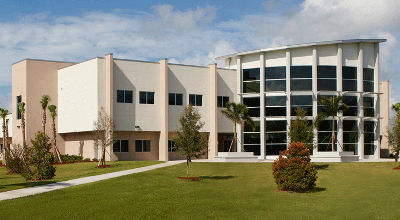Free Speech Victory at Palm Beach State College
After a two-year-long lawsuit, Palm Beach State College has agreed to revise its speech policy so that students no longer need permission to express themselves on campus.
“Public colleges and universities should encourage, not shut down, the free exchange of ideas,” said Alliance Defending Freedom Senior Legal Counsel David Hacker. “Palm Beach State did the right thing in agreeing to suspend its outright ban on free speech. We commend them for their decision to respect the constitutionally protected freedoms of their students and hope that other colleges with similar policies will follow their example.”
In 2010, college officials denied Young Americans for Freedom members permission to distribute Heritage Foundation literature at a student organization fair and also prohibited them from handing out information within the “free speech zones” on several PBSC campuses. The officials cited PBSC’s speech policies as their reason.
Although college policy demanded that speakers obtain permission to hand out materials 24 hours in advance, PBSC informed the leader of YAF that it actually completely banned literature distribution. PBSC policies further denied constitutionally protected rights by requiring advance permission from the dean two weeks prior to off-campus events held on weekends or past 9 p.m. on weekdays. At least two adult college staff members also had to be present at these activities, among several other stringent restrictions.
In January 2011, the college agreed to a court order that temporarily froze its problematic policy. The settlement in Young Americans for Freedom v. Bryant in the U.S. District Court for the Southern District of Florida replaces the speech-restrictive policy with a revised one that better protects student speech.
According to the revised policy, students no longer need permission to speak or distribute literature on campus, nor must students confine their speech to designated speech zones.
“From its absolute ban on literature distribution by students to its limited ‘free speech zones’ to its regulation of student group meetings—even when off-campus—Palm Beach State’s policies were among the most offensive to the First Amendment,” said lead counsel Rick Nelson, one of nearly 2,200 allied attorneys with Alliance Defending Freedom. “But now they have taken a much better course in permanently removing these burdensome restrictions on First Amendment-protected liberties.”
“The university is supposed to be the marketplace of ideas,” said Young Americans for Freedom Executive Director Patrick Coyle. “This settlement allows our students to participate in that marketplace once again, just as America’s founders intended.”














































